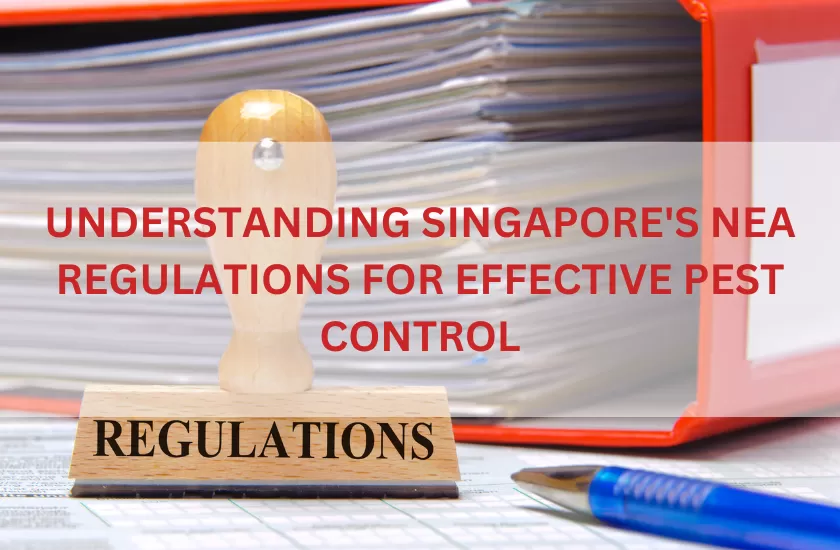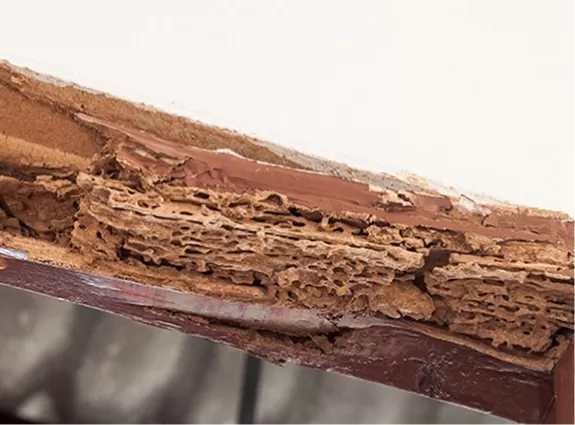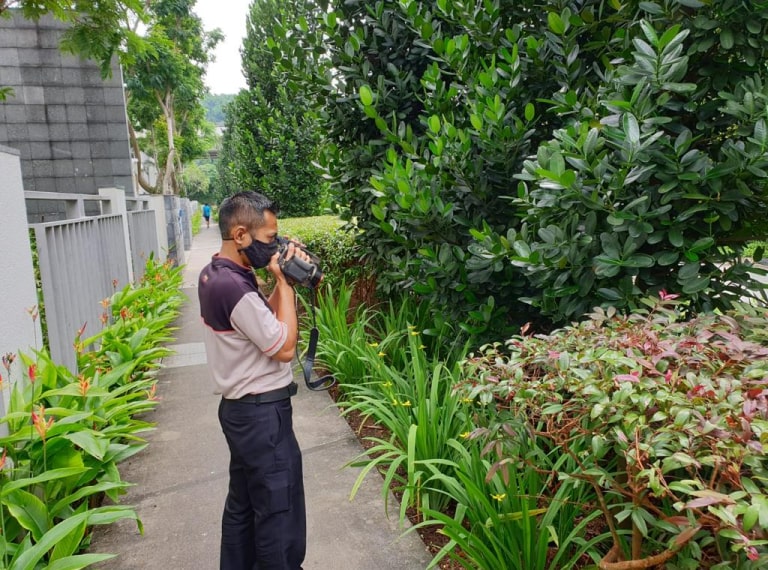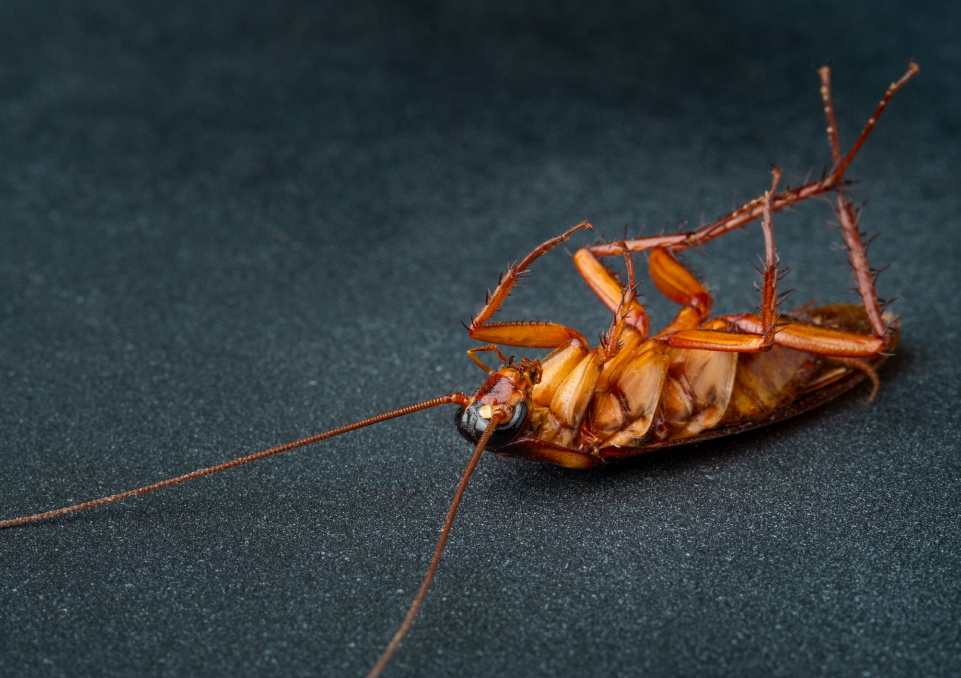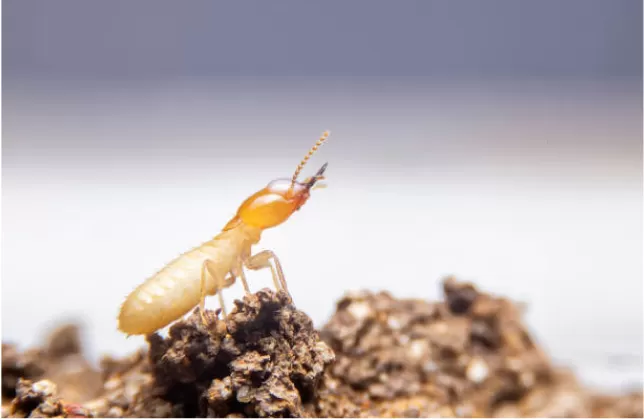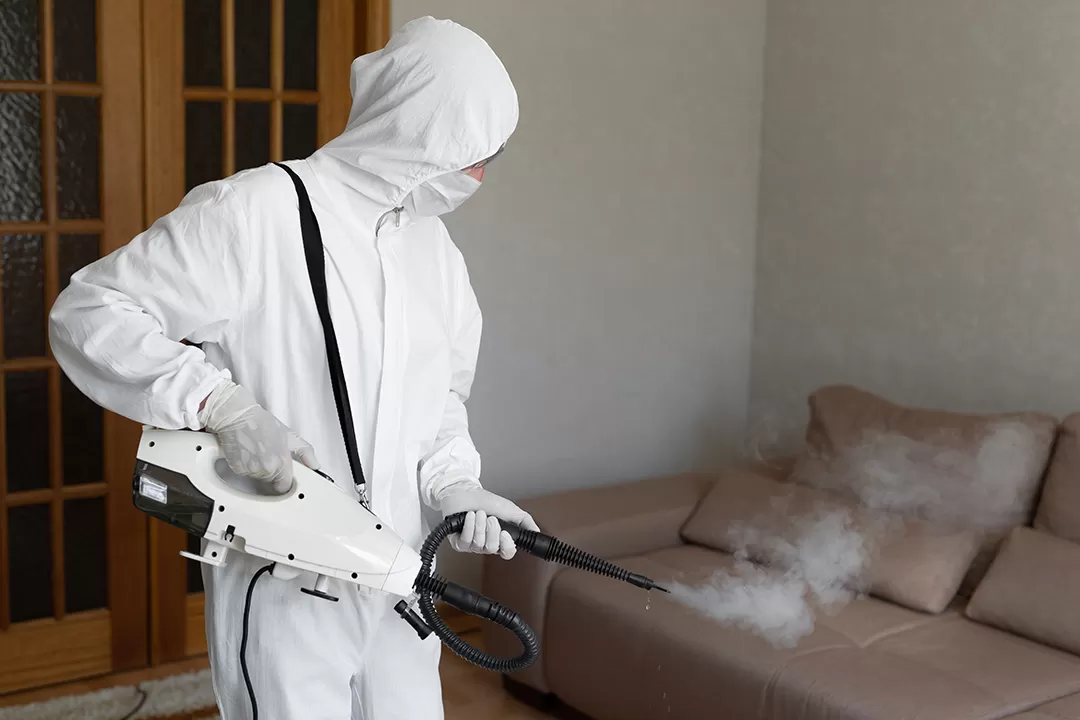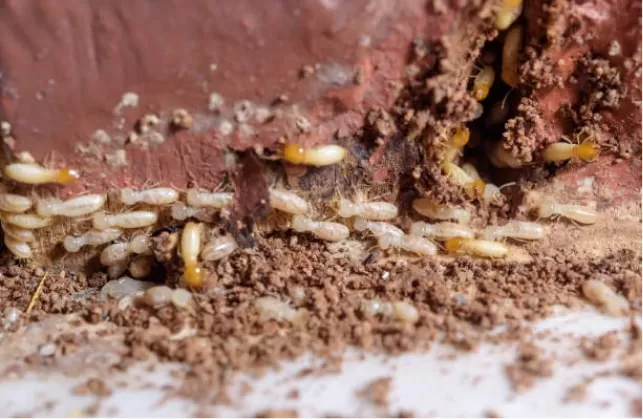Singapore is recognized globally for its cleanliness, high living standards, and strict public health policies. Among these policies, pest control regulations play a crucial role in maintaining the city-state’s high-quality living environment. Given Singapore’s tropical climate, which fosters the proliferation of pests, the government, through the National Environment Agency (NEA), has implemented comprehensive regulations to manage and mitigate pest-related risks effectively.
This article provides an overview of Singapore’s NEA regulations concerning pest control, highlighting their significance, key components, and how individuals and businesses can comply to ensure a pest-free environment.
The Significance of Pest Control in Singapore
Pest control is a critical public health issue in Singapore due to its tropical climate, which is conducive to the growth and breeding of various pests, including mosquitoes, cockroaches, rats, and termites. These pests pose significant health risks, as well as potential damage to property. For example:
- Mosquitoes: They are vectors for diseases like dengue fever, Zika virus, and chikungunya, with dengue being particularly prevalent. Controlling mosquito populations is essential to prevent outbreaks.
- Cockroaches: Cockroaches are notorious for spreading bacteria and pathogens that can cause food poisoning and other illnesses.
- Rats: Rodents can transmit diseases such as leptospirosis and hantavirus. They also cause structural damage by gnawing on wires and other materials.
- Termites: While termites do not pose direct health risks, they cause significant structural damage to buildings, leading to costly repairs.
Effective pest control is not just about maintaining comfort; it is about safeguarding public health and ensuring that Singapore remains a livable and attractive city.
The Role of NEA in Pest Control
The NEA is the primary agency responsible for managing and enforcing pest control regulations in Singapore. Its role encompasses several key functions:
- Regulation and Enforcement: The NEA sets the legal framework and standards for pest control activities, ensuring that these activities are safe, effective, and environmentally responsible.
- Public Education: The NEA conducts public outreach and education campaigns to raise awareness about the importance of pest control and the roles that individuals and communities play in this effort.
- Surveillance and Research: The NEA monitors pest populations and conducts research to stay ahead of emerging threats, enabling it to update regulations and control strategies as needed.
- Collaboration: The NEA works closely with other government agencies, pest control companies, and the public to implement and enforce pest control measures.
Key NEA Regulations for Pest Control
The NEA’s pest control regulations cover various aspects of pest management, ensuring that all activities are conducted in a manner that protects public health and the environment. Key regulations include:
1. Licensing of Pest Control Operators (PCOs)
The NEA requires that all pest control operators be licensed, ensuring that only qualified professionals handle pest control tasks. The licensing process includes:
- Competency Certification: Individuals or companies must obtain certifications such as the Vector Control Worker (VCW) or Vector Control Technician (VCT) certification. These certifications ensure that PCOs have the necessary skills and knowledge to perform pest control tasks safely and effectively.
- License Renewal: PCOs must renew their licenses periodically, which includes continuing education to keep up with the latest pest control techniques and regulations.
- Adherence to Standards: Licensed PCOs must follow NEA guidelines on pesticide use, disposal of pest control materials, and maintenance of detailed records of their activities.
2. Safe Use of Pesticides
The NEA emphasizes the safe and responsible use of pesticides, recognizing the potential health and environmental risks associated with their misuse. Regulations in this area include:
- Approval of Pesticides: Only NEA-approved pesticides can be used in Singapore. This approval ensures that the products meet safety and efficacy standards.
- Application Guidelines: PCOs must follow strict guidelines on pesticide application, including dosage, frequency, and methods to minimize risks to human health and the environment.
- Personal Protective Equipment (PPE): PCOs are required to wear appropriate PPE when handling pesticides to protect themselves and the public.
- Storage and Disposal: Pesticides must be stored securely, and any waste or residual products must be disposed of in accordance with NEA’s hazardous waste management guidelines.
3. Vector Control for Mosquitoes
Given the public health threat posed by vector-borne diseases like dengue, mosquito control is a top priority for the NEA. Key regulations include:
- Mosquito Breeding Prevention: Property owners and occupiers are required to ensure that their premises are free of stagnant water where mosquitoes can breed. Regular inspections are mandated, especially in high-risk areas like construction sites and residential estates.
- Fogging and Larviciding: During dengue outbreaks, the NEA may conduct fogging operations to kill adult mosquitoes and larviciding to target larvae. These operations must be carried out according to NEA guidelines to ensure effectiveness and safety.
- Public Reporting: The NEA encourages the public to report potential mosquito breeding sites. Prompt reporting helps the agency take swift action to control mosquito populations.
4. Rodent Control Measures
Rodent control is another critical area of focus for the NEA, particularly in urban settings where food establishments and wet markets can attract rats. Regulations include:
- Integrated Rodent Management (IRM): The NEA promotes IRM, which combines sanitation, exclusion, and baiting to manage rodent populations effectively.
- Regular Inspections: The NEA conducts inspections in high-risk areas to monitor rodent activity and enforce control measures.
- Safe Use of Rodenticides: Like pesticides, the use of rodenticides is tightly regulated to prevent risks to humans and non-target animals.
5. Public Health Campaigns and Education
The NEA actively engages in public education to foster community involvement in pest control. This includes:
- Waste Management: Proper waste disposal practices are emphasized to prevent pests from accessing food sources. The NEA provides guidelines on the correct storage and disposal of food waste and the maintenance of clean and sealed rubbish bins.
- Home Maintenance: The NEA offers advice to homeowners on preventing pests through measures like sealing entry points, storing food properly, and maintaining cleanliness.
- Community Participation: The NEA works with community groups and grassroots organizations to encourage collective action in maintaining a pest-free environment.
Compliance and Best Practices for Businesses and Property Owners
Compliance with NEA regulations is essential for maintaining a pest-free environment and avoiding penalties. Businesses and property owners can adopt several best practices to ensure compliance:
1. Regular Inspections and Monitoring
Engage a licensed PCO to conduct regular inspections and monitor pest activity. Early detection and prompt action can prevent minor pest issues from escalating.
2. Implement Integrated Pest Management (IPM)
IPM combines multiple control methods to achieve long-term pest prevention. This approach includes:
- Sanitation: Keeping environments clean to eliminate food and water sources for pests.
- Exclusion: Sealing potential entry points to prevent pests from entering buildings.
- Biological Control: Utilizing natural predators or biopesticides as part of a control strategy.
- Chemical Control: Using pesticides as a last resort, following NEA guidelines.
3. Employee Training
Train employees on pest control best practices, particularly in the food and hospitality industries. Educate them on maintaining cleanliness, managing waste, and reporting any signs of pests promptly.
4. Maintain Accurate Records
Keep detailed records of pest control activities, including inspection reports, pesticide usage, and any corrective measures taken. This documentation is essential for demonstrating compliance with NEA regulations.
5. Engage Licensed Pest Control Operators
Always work with licensed Pest control companies in Singapore who are knowledgeable about NEA regulations and can provide effective, compliant pest control services.
Conclusion
Singapore’s NEA regulations for pest control are essential for maintaining the city-state’s high public health standards. By adhering to these regulations, businesses, property owners, and residents can help prevent pest-related issues and contribute to a cleaner, safer environment. As pest control challenges evolve, staying informed and proactive will be key to ensuring ongoing compliance and effectiveness in pest management efforts.

